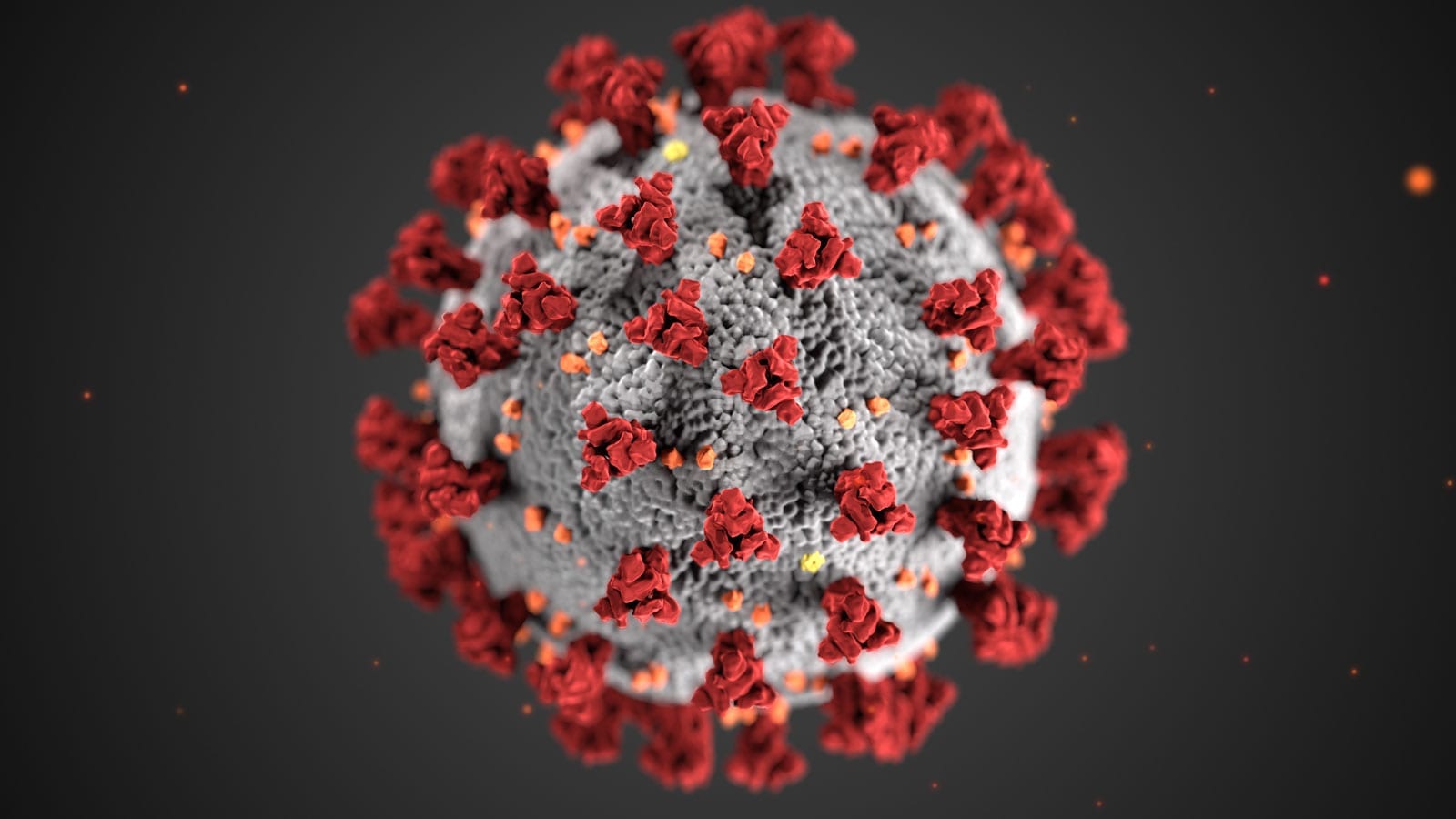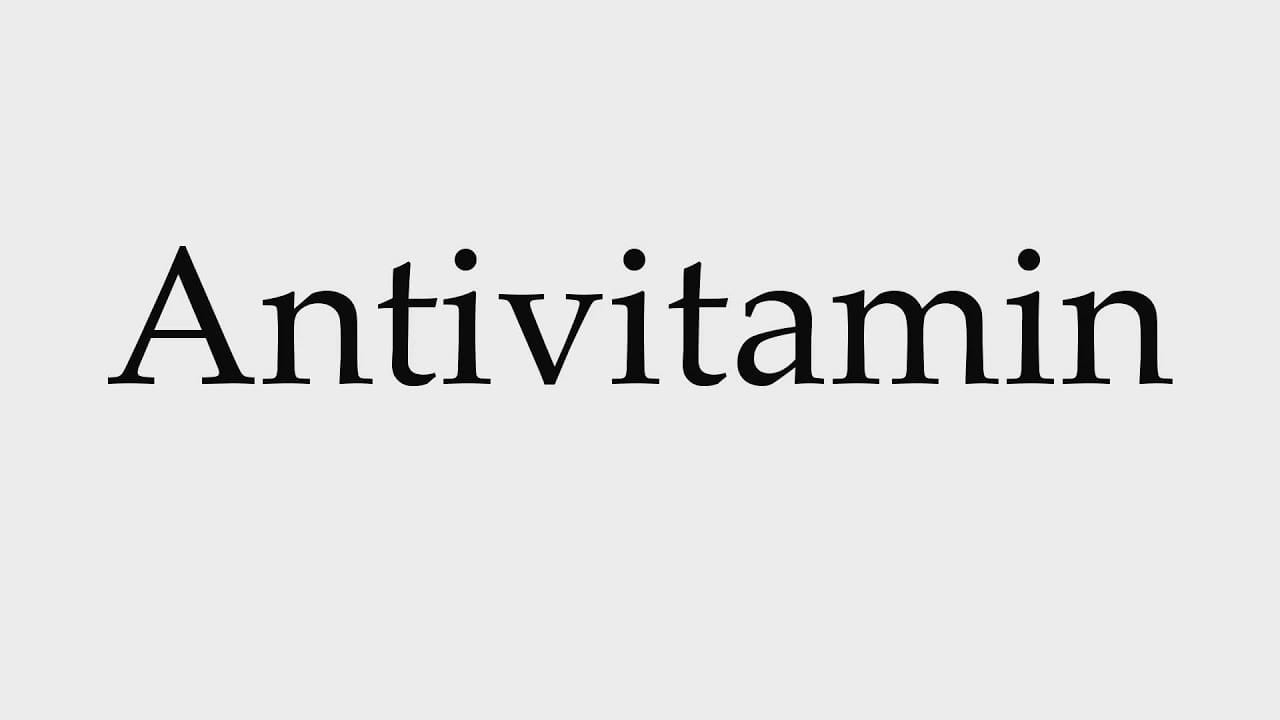
via fda.gov
Not long after the new coronavirus first surfaced last December, an ambitious prediction was made: A vaccine would be available within 12 to 18 months, and it would stop the pandemic.
Despite serious challenges — how to mass manufacture, supply and deliver a vaccine worldwide — the first prong of that wish could well be fulfilled. Eight vaccine candidates are undergoing large-scale efficacy tests, so-called Phase 3 trials, and results are expected by the end of this year or early 2021.
But even if one, or more, of those efforts succeeds, a vaccine might not end the pandemic. This is partly because we seem to be focused at the moment on developing the kind of vaccine that may well prevent Covid-19, the disease, but that wouldn’t do enough to stop the transmission of SARS-CoV-2, the virus that causes Covid-19.
Doctors usually explain vaccines to patients and the parents of young children by describing how those protect us from a particular disease: An attenuated form of a pathogen, or just a bit of it, is inoculated into the human body in order to trigger its immune response; having learned to fight off that pathogen once, the body will remember how to fend off the disease should it be exposed to the same pathogen later.
A vaccine’s ability to forestall a disease is also how vaccine developers typically design — and how regulators typically evaluate — Phase 3 clinical trials for vaccine candidates.
Yet the best vaccines also serve another, critical, function: They block a pathogen’s transmission from one person to another. And this result, often called an “indirect” effect of vaccination, is no less important than the direct effect of preventing the disease caused by that pathogen. In fact, during a pandemic, it probably is even more important.
The Latest Updates from Bing News & Google News
Go deeper with Bing News on:
COVID-19 vaccine
- Ben Falconer: WA Police officer’s appeal against COVID-19 vaccine mandate dismissed by Supreme Court
A vaccine-resistant WA police officer who argued that mandating the COVID-19 inoculation was unlawful has lost his legal fight in the State’s highest court.
- Staying Updated With COVID-19 Vaccines Helps Combat Emerging Variants
New research using live SARS-CoV-2 virus reveals an updated vaccine provides a strong immune response against previous strains and emerging variants.
- Anti-vaccine website falsely claims Covid jabs behind cancer uptick
Studies show that Covid-19 shots save lives, but anti-vaccine advocates claim they have caused a huge spike in US cancer cases since the pandemic. This is false; the social media users and websites erroneously cite unverified reports of adverse events following inoculation,
- Pandemic fatigue and vaccine hesitancy continue to affect global public health, new 23-country study finds
While it found that global uptake of at least one COVID-19 vaccine dose was robust, a new survey published in Nature Medicine revealed mixed signals about the current acceptance of vaccines generally,
Go deeper with Google Headlines on:
COVID-19 vaccine
[google_news title=”” keyword=”COVID-19 vaccine” num_posts=”5″ blurb_length=”0″ show_thumb=”left”]
Go deeper with Bing News on:
COVID-19 transmission
- Quiz: Can you pass our 9 question test on the latest theories of COVID-19 transmission
The World Health Organization has issued a report updating terminology and explanations regarding the spread of the novel coronavirus. See if you're up on the latest vocab.
- South Africa: SA's Flu Rates Anticipated to Return to Pre-Covid-19 Levels
COVID-19-related factors resulted in several years of lower-than-normal rates of the flu, but experts say that is now something of the past. As this year's flu season gets under way, Elri Voigt asks ...
- Assessing the multifaceted impact of the COVID-19 crisis
Exploring the far-reaching consequences on financial, social, political and scientific fronts, and the path forward The COVID-19 crisis, which emerged in 2019, was one of the worst crises ever faced ...
- Covid-19 Pandemic Led To Growing Acceptance Of Doctors Withholding Treatment
According to a new study there is a steadily growing acceptance of the view that it could be ethically acceptable for doctors to refuse care.
- Scientists discover higher levels of CO₂ increase survival of viruses in the air and transmission risk
A new study has revealed for the first time the vital role carbon dioxide (CO2) plays in determining the lifespan of airborne viruses—namely SARS-CoV-2, the virus that causes COVID-19. It clearly ...
Go deeper with Google Headlines on:
COVID-19 transmission
[google_news title=”” keyword=”COVID-19 transmission” num_posts=”5″ blurb_length=”0″ show_thumb=”left”]










